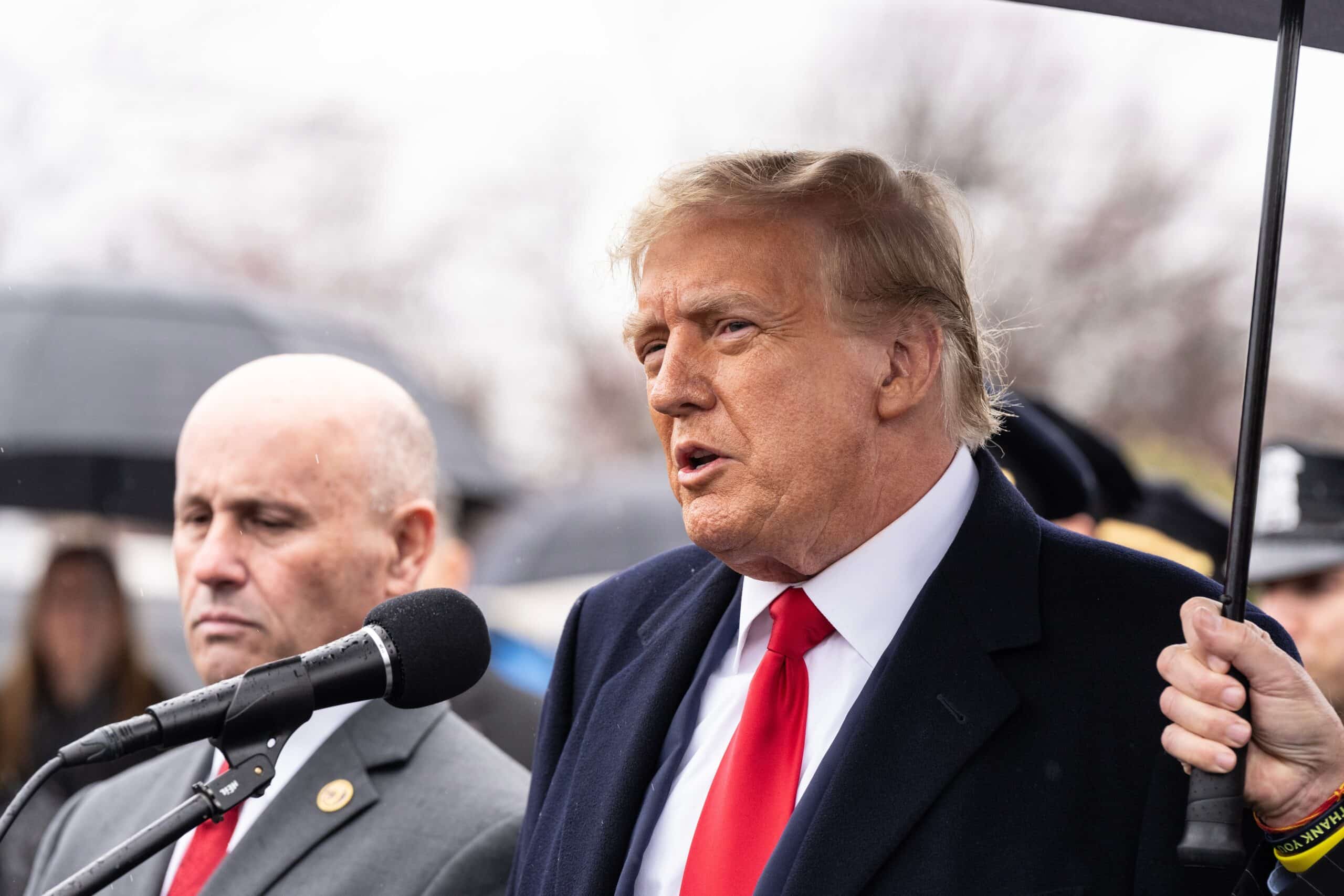Blockchain industry group The Digital Chamber wrote a letter to Office of Government Ethics (OGE) Acting Director Shelley Finlayson Wednesday requesting that it waive the requirement that federal staff own a “de minimis,” or negligible, amount of cryptocurrency. The restriction, as it stands, severely limits president-elect Donald Trump’s options for the role of Crypto Czar, and sources say his future administration could be open to appointing an OGE director who would waive it.
Cody Carbone, President of the Digital Chamber, said he wrote the letter to “show Trump’s transition team that this is something they should be thinking of.”
Crypto Czar: What and Who
According to two other crypto policy advocates who are not part of the Chamber, there has been chatter on the Hill this week that Trump could be receptive to the idea Carbone and his organization are advocating for. Rumors have circulated since the Bitcoin 2024 conference in Nashville this summer that Trump would hire a Crypto Czar to advise him on policy matters, in addition to or in place of the “Crypto Advisory Council” Trump himself said he would create to help him make legislative and regulatory decisions during a speech at the conference. According to six DC sources who work in crypto lobbying and policy advocacy, Trump is planning to have both a Crypto Czar and Crypto Advisory Council, though top names for either will likely not solidify until later this month after cabinet and Republican party leadership decisions are settled.
Read More: At Bitcoin Conference, Trump Promises to Fire SEC Chair Gary Gensler If He Wins
However, hiring a Crypto Czar under current ethics rules set by the OGE is significantly more difficult than choosing members of an advisory council. An advisory council could, under these rules — and probably would, according to sources — be made up of successful entrepreneurs in the crypto industry such as the executives of Bitcoin mining companies and other crypto executives already reported to have been meeting with Trump in recent months. A Czar, on the other hand, is not currently allowed to have such obvious conflicts of interest with crypto policy, despite also preferably being someone with extensive experience in Washington politics and a deep understanding of how policy would impact the crypto industry.
Because of this, sources who have spoken with Unchained struggle to even speculate on names for a potential Czar, pointing out that the crypto restriction could elevate candidates that are relatively unknown. One name which has been raised by two different sources and meets the “de minimis” requirement is Blockchain Association Director of Government Relations Ron Hammond, though he would be unusually young for a senior role in the White House at just 31 years old.
Read More: The Harris-Trump Debate: Will the Candidates Discuss Crypto?
Crypto Natives in the Trump Administration?
The letter, however, does not recommend waiving the “de minimis” crypto restriction for just the role of a Crypto Czar — it suggests waiving it for all federal staff roles. This would include the hundreds, if not thousands, of other positions who fall within the category of people who are involved in writing rules for crypto who are currently barred from owning cryptocurrency. Though the rule does not provide a definitive list of agencies which it applies to, it lists examples of restricted roles such as a policy analyst in Treasury or or an employee of the Department of Homeland Security. It also includes, of course, positions at the SEC, where Trump’s potential pick to replace current chair Gary Gensler has engendered ample speculation and advocacy on the behalf of crypto industry representatives. The SEC has struggled in the past to recruit candidates for crypto asset specialist roles due to the requirement.
Trump promised to “fire” Gensler on his first day in office, also at the Bitcoin 2024 conference, though it is unlikely he has the legal authority to do so. Nonetheless, it is widely expected that Gensler will step down either before Trump takes office or after Trump demotes him to a commissioner position, which he has the legal authority to do.
Read More: 9 New All-Time Highs in Crypto This Week Alone From the Trump Bump
Crypto prices have skyrocketed since the election in part because of a belief that Trump will replace Gensler with someone who is less likely to pursue enforcement actions against crypto companies and open to interpreting securities laws in such a way that crypto companies are not seen broadly as dealing in unregistered securities. Eliminating the requirement that SEC staff do not own cryptocurrency would significantly broaden Trump’s choices on who to appoint as a replacement for Gensler as well as introduce an obvious conflict of interest in that the SEC Chair themself could own crypto while shaping regulation on it.



